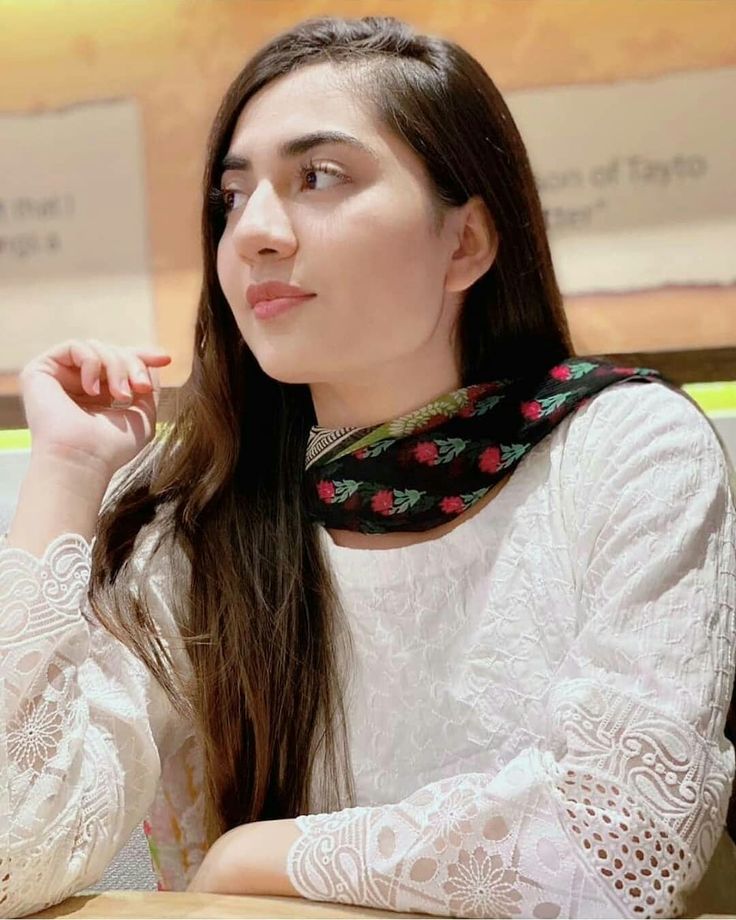One of the most commonly used phrases in Zarurat-e-Rishta is “achay khandaan ka larka/larki” (boy/girl from a good family). But what does this really mean?
For many, it implies:
- A family with a clean reputation in society
- Financially stable with respectable jobs or businesses
- Educated parents and siblings
- No history of scandal, divorce, or mental illness
- Belonging to a similar or higher social class
While some of these concerns are valid, many are based on societal prejudice or outdated views. This emphasis on “image” can prevent many good-hearted people from being accepted due to circumstances beyond their control.
Caste, Sect, and Regional Filters
Though many young people today don’t believe in these divisions, caste (zaat) and religious sect (maslak) still play a huge role in matchmaking. Sunni-Shia marriages, for example, are still difficult to arrange due to parental resistance. Similarly, families may want to marry only within their caste—Syed, Rajput, Arain, Pathan, etc.
This filtering is even more pronounced in rural areas and among older generations. Sometimes, excellent matches are rejected simply because the family does not “belong to our people.”
Fake Expectations vs Ground Realities
Many families have extremely idealistic expectations when publishing or responding to Zarurat-e-Rishta ads. For example, a middle-class family may want a girl who is:
- Tall, fair, beautiful
- A doctor or engineer
- From an upper-middle-class background
- Willing to live in a joint family
- Soft-spoken, religious, and excellent in household duties
Meanwhile, they may offer a son who is unemployed or average in looks and personality. These mismatched expectations result in delays, heartbreak, and sometimes desperation.
The same happens with girls’ families, who may reject many decent boys because they don’t own a house or aren’t earning in dollars.
The Community’s Watchful Eye
In Pakistani culture, community pressure is one of the biggest influencers of marriage decisions. Neighbors, extended family, and friends are often involved indirectly. People gossip about who got married, who didn’t, and why.
Parents often rush the rishta process because of the fear of “log kya kahain gay” (what will people say). This can result in rushed, ill-matched marriages that eventually suffer.
Similarly, if someone is not married by a certain age—especially girls—the community begins to ask questions, judge, and offer unsolicited advice. This leads to further stress and emotional pain for the family and the individual.
Balancing Tradition with Personal Choice
There is a slow but growing movement towards balancing tradition with individual preferences. More young people are speaking up and expressing their desire to choose their life partner or at least have a say in the process. Some families are beginning to accept love marriages or semi-arranged marriages, where the children choose and parents approve.
However, this shift is still in its early stages. In most households, the final decision still lies with the parents, even if they consult their children.
Can Society Modernize the Rishta Process?
For a healthier future, the Zarurat-e-Rishta culture in Pakistan needs reform. Here’s how it can evolve:
- Educate families on emotional and psychological compatibility.
- Normalize rejecting outdated caste/sect limitations.
- Encourage individuals to take active roles in choosing their life partners.
- Reduce pressure based on age and appearance.
- Promote awareness about fake matchmakers and digital scams.
- Prioritize character, communication, and respect over wealth and status.
Conclusion: A System in Need of Empathy and Evolution
Zarurat-e-Rishta is deeply rooted in Pakistani society. While it helps connect thousands of people and builds lifelong bonds, it also carries baggage from the past—unrealistic demands, rigid traditions, and excessive family control. To move forward, the system must adapt to modern values of mutual respect, emotional intelligence, and shared decision-making.
Marriage should be about partnership, not pressure. The roles of families and matchmakers are important, but they must act with empathy, wisdom, and openness. Only then can the rishta culture become more humane, dignified, and fulfilling for everyone involved.

